NEWBURGH, N.Y. — The City of Newburgh is weighing a one-year pilot program that would provide some of its lowest-income residents with a guaranteed monthly income in the form of prepaid debit cards. The initiative, officials say, could help families struggling to meet basic needs while testing whether the model can improve financial stability and keep residents in the community.
$300 Monthly Support for Low-Income Households
Under the proposed program, qualifying households would receive a $300 debit card each month. The effort would be funded by an existing New York State grant and limited to a select group of participants.
Alexandra Church, Newburgh’s Director of Planning and Development, presented the proposal to the Common Council during a recent work session. She explained that eligibility would be restricted to residents classified as “extremely low income.”
“For a family of one, that’s about $24,000 a year, and for a family of four, about $34,000,” Church said. “Overall, that comes out to roughly 6,000 people — about 36 percent of our city’s population.”
Widespread Financial Strain Across the Region
The pilot comes as economic challenges continue to strain households in the Hudson Valley. A recent poll conducted by SUNY New Paltz and the Siena College Research Institute found that 78 percent of families in Orange, Dutchess, Ulster, and Sullivan Counties report financial struggles, with nearly six in 10 living paycheck-to-paycheck.
Newburgh’s leaders say the guaranteed income program could provide a cushion for local families facing rising housing, food, and utility costs.
Part of a National Trend
Guaranteed basic income (GBI) programs, sometimes referred to as universal basic income (UBI), have been piloted in cities across the country, including nearby Hudson, N.Y.
Research compiled by Stanford University’s Guaranteed Income Pilots Dashboard, which tracks more than 30 such programs nationwide, shows that most participants spend their stipends on retail purchases and groceries. Proponents argue that these programs reduce income inequality and provide families with flexibility to prioritize urgent needs.
Critics, however, remain skeptical, questioning whether GBI improves long-term indicators like children’s health outcomes, education performance, or housing stability.
Tailored to Newburgh’s Needs
Church emphasized that each pilot program is designed to address the unique needs of its community. In Newburgh, she said, the focus will be on whether the payments can prevent displacement and homelessness.
“We’re trying to keep people here,” Church said. “That’s the threshold we will be studying — what makes it so that people are able to stay in their community?”
The initial pilot would cover 110 households, chosen randomly from a pool of eligible applicants. Depending on outcomes and future funding, the program could be expanded or extended.
Council Reaction: Enthusiasm and Caution
Several Common Council members expressed strong support. Ward 1 Councilmember Giselle Martinez said the pilot addresses a fundamental need.
“Honestly, it’s 2025. Nobody should be worrying about whether they’re going to have a roof over their head or food on their table,” Martinez said.
Councilmember-at-Large Omari Shakur raised concerns that the payments could inadvertently disqualify participants from other income-based programs such as food stamps, Section 8 housing vouchers, or SSI. Church reassured him that safeguards would prevent that outcome.
Councilmember-at-Large Robert McLymore questioned whether restrictions should be placed on how recipients spend the money. Church pushed back, arguing that the freedom to use the funds is central to the program’s design.
“To say this quite bluntly, there will be one percent of the people in any of these studies that use it for things that are not positive in their lives,” Church said. “But 99 percent will use it for food and housing, to fix their car, or other things that are beneficial. The benefit to that 99 percent is worth it.”
Next Steps Toward Launch
Before the pilot begins, the city must issue a request for proposals to select a nonprofit partner and research team to administer and evaluate the program. If approved, Church said the city could begin enrolling participants as soon as winter 2025, with the first monthly payments distributed by spring 2026.

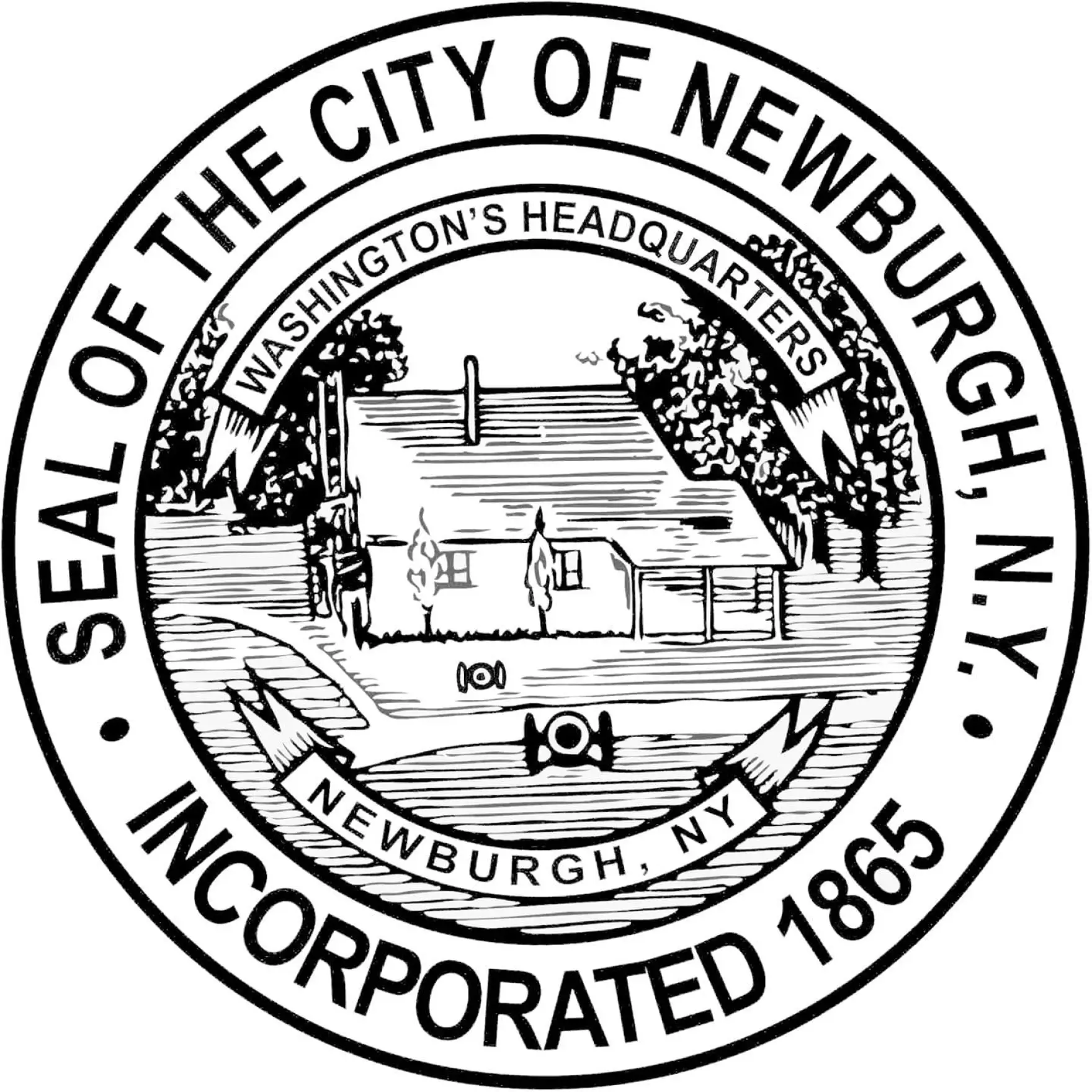
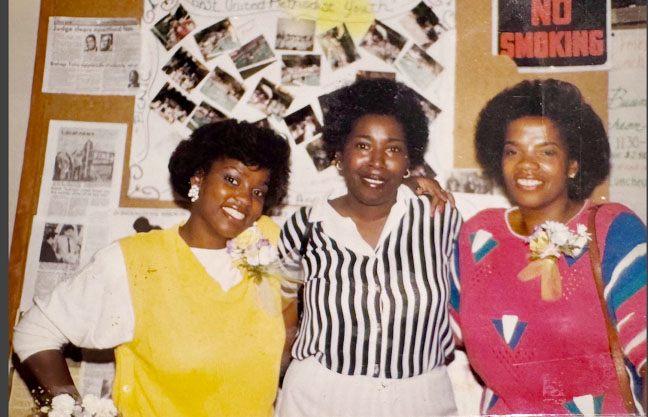
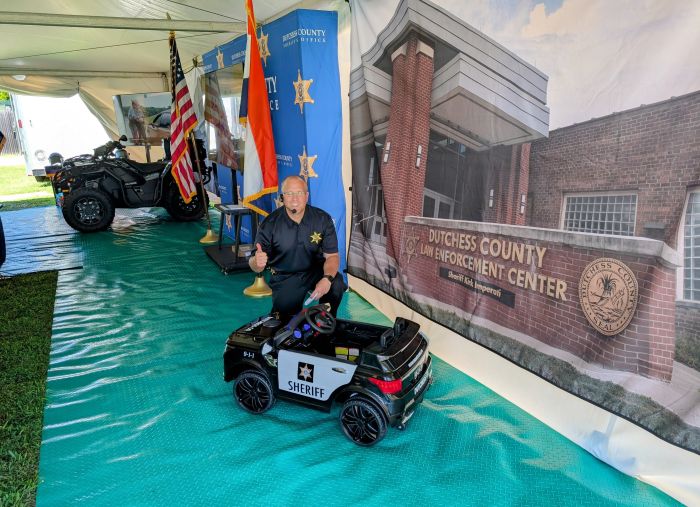
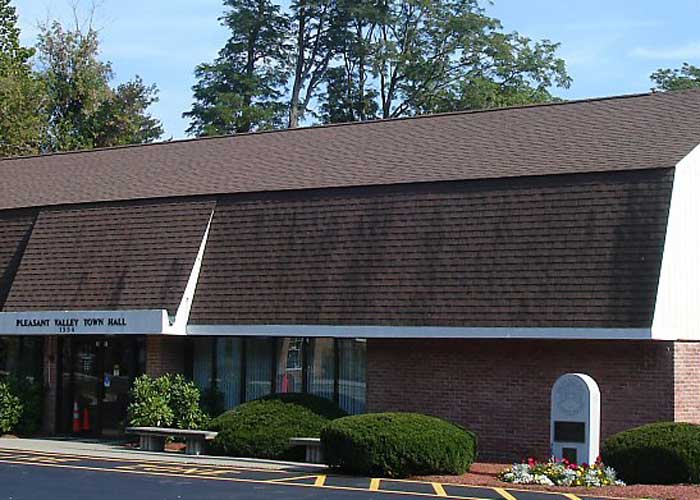
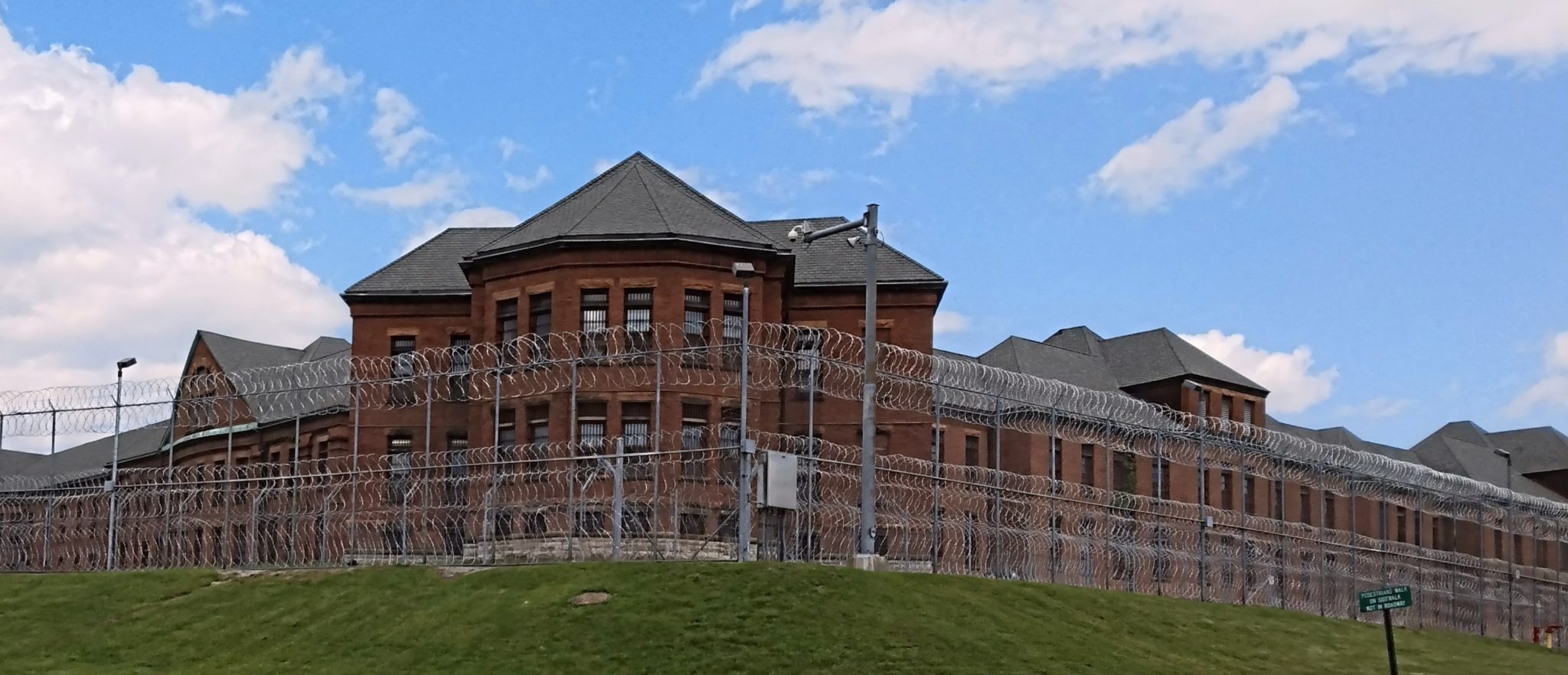

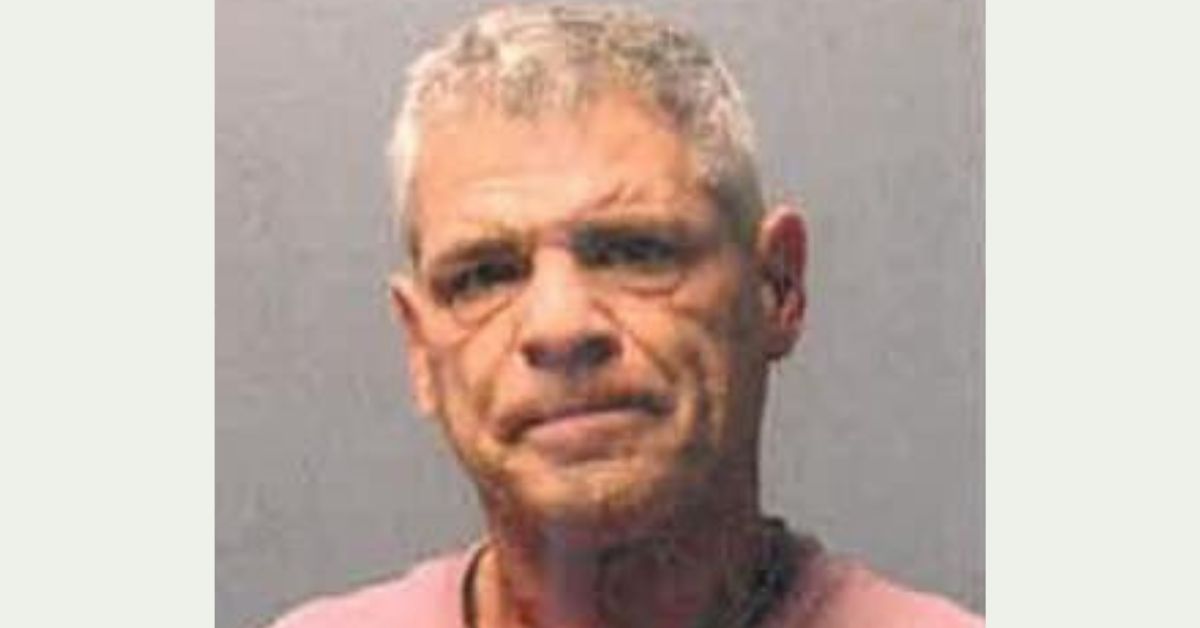
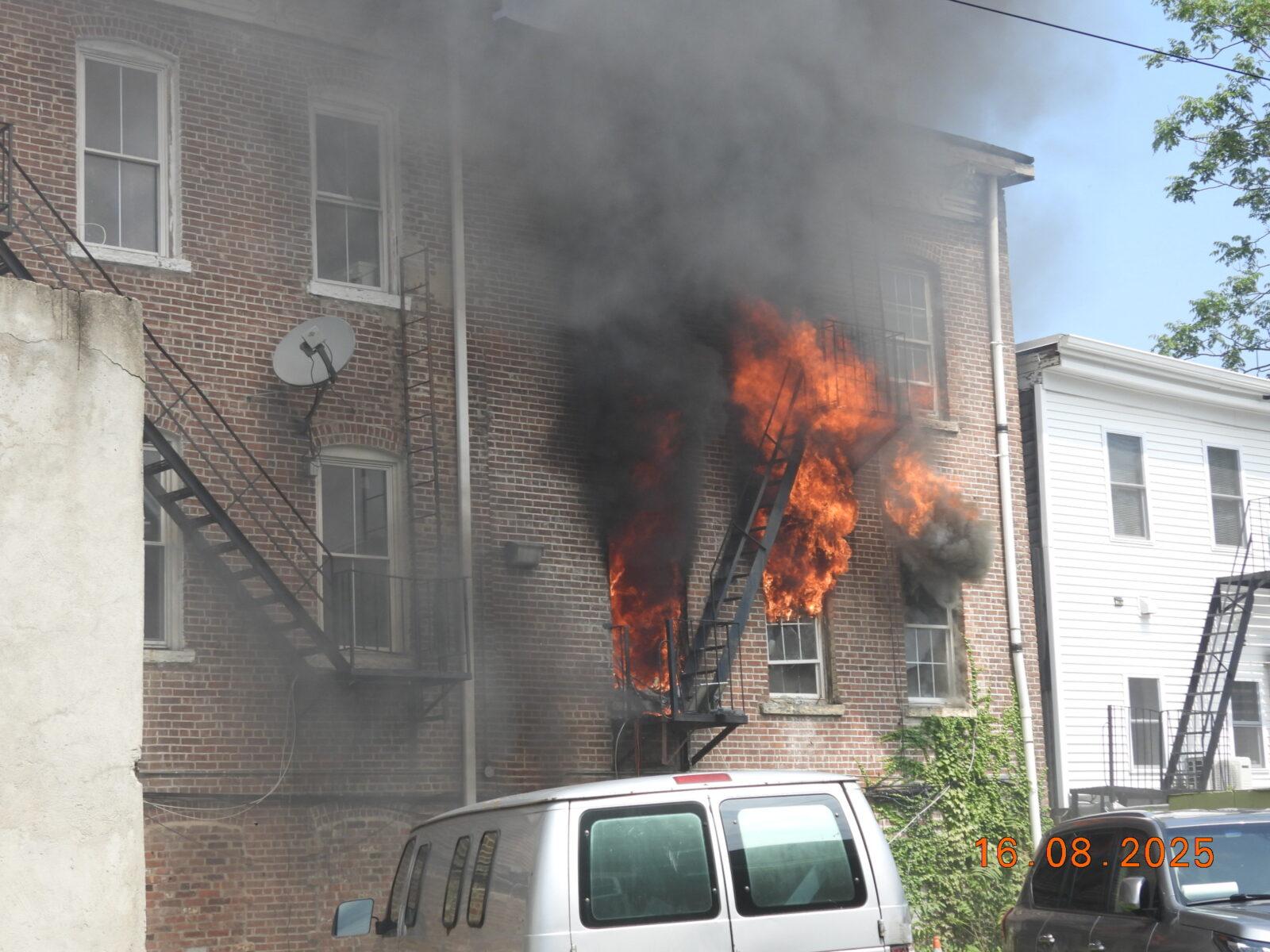
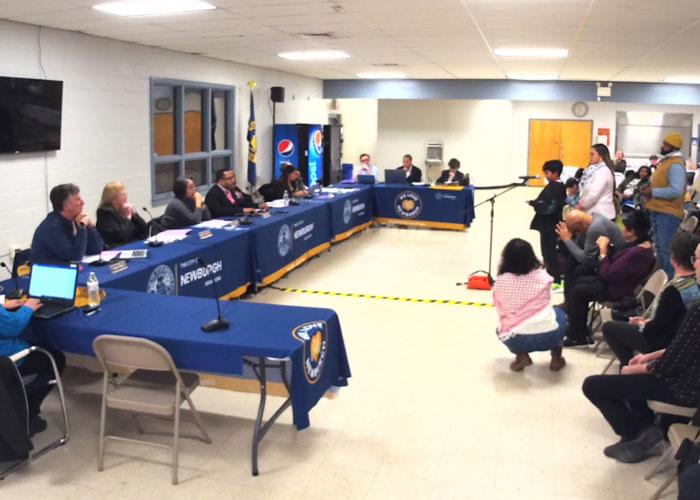

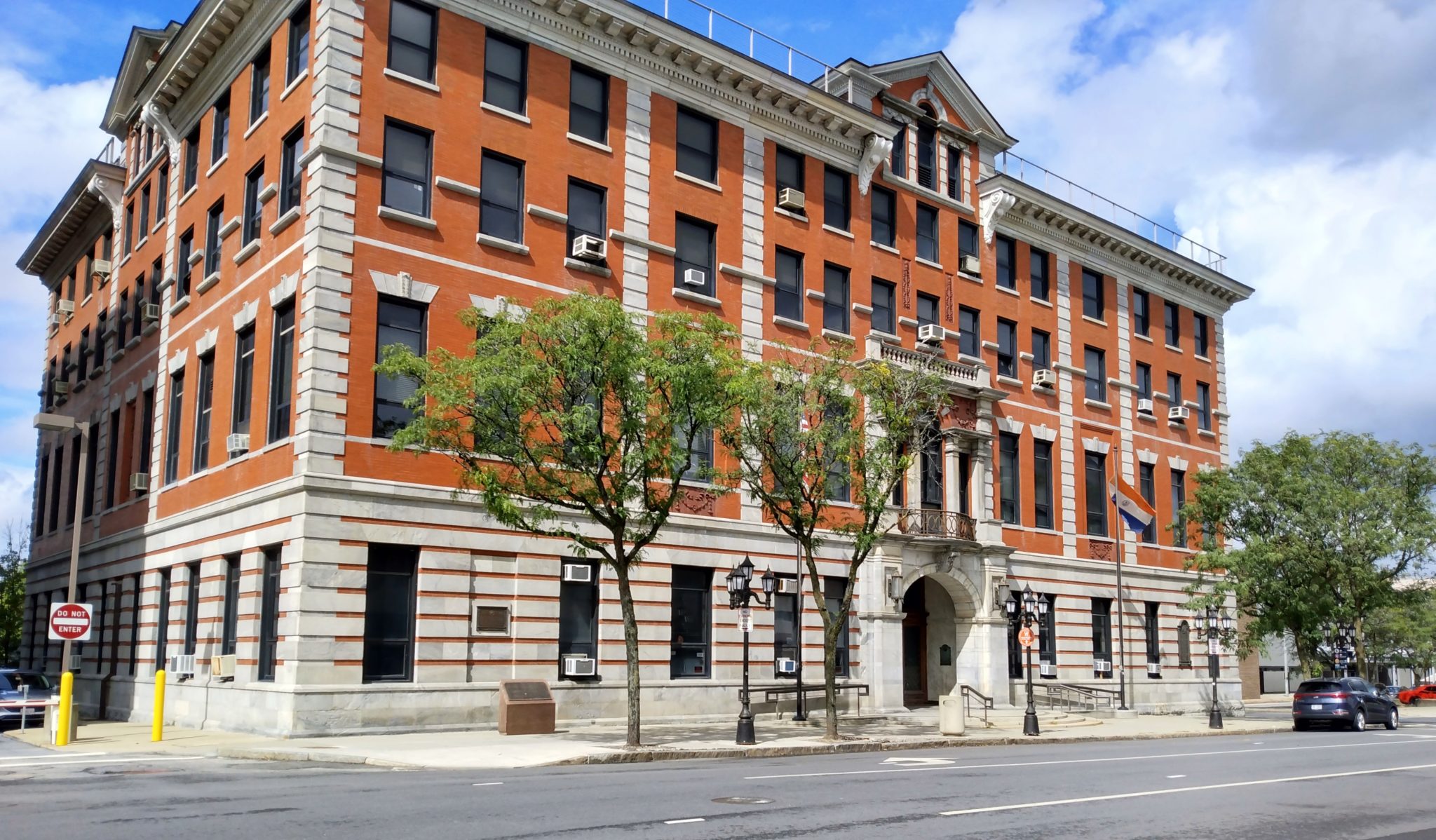
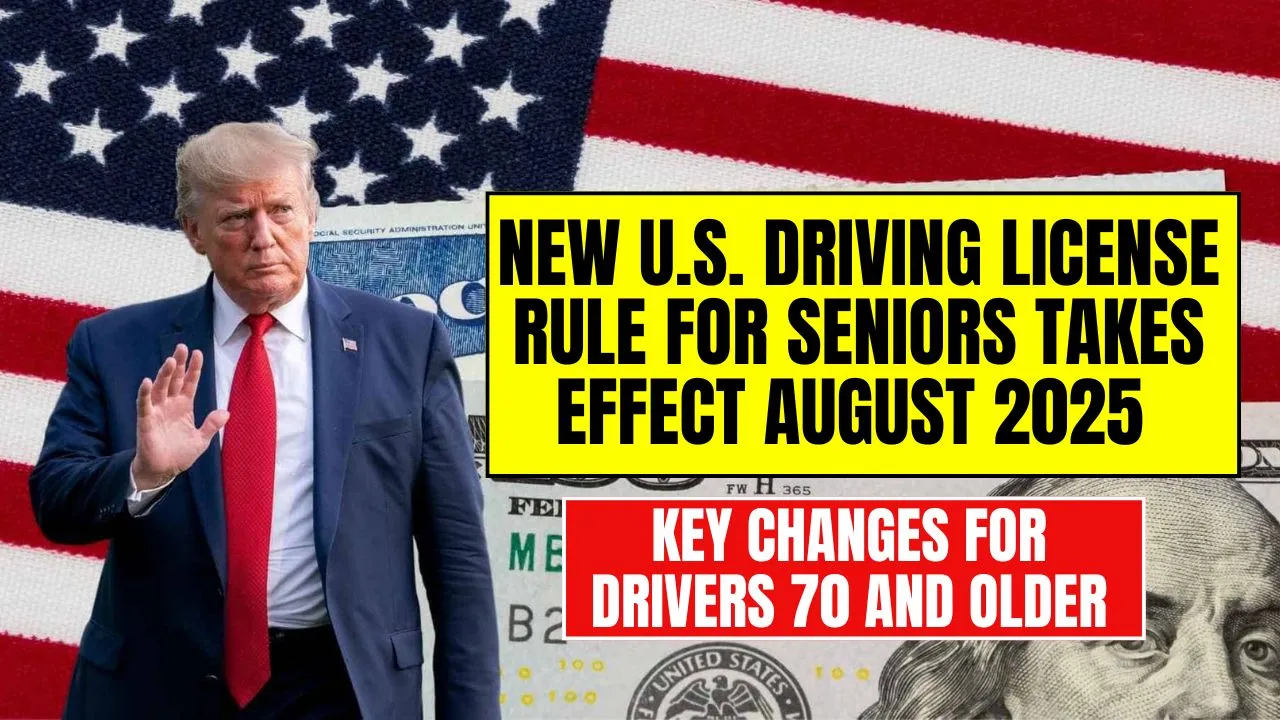

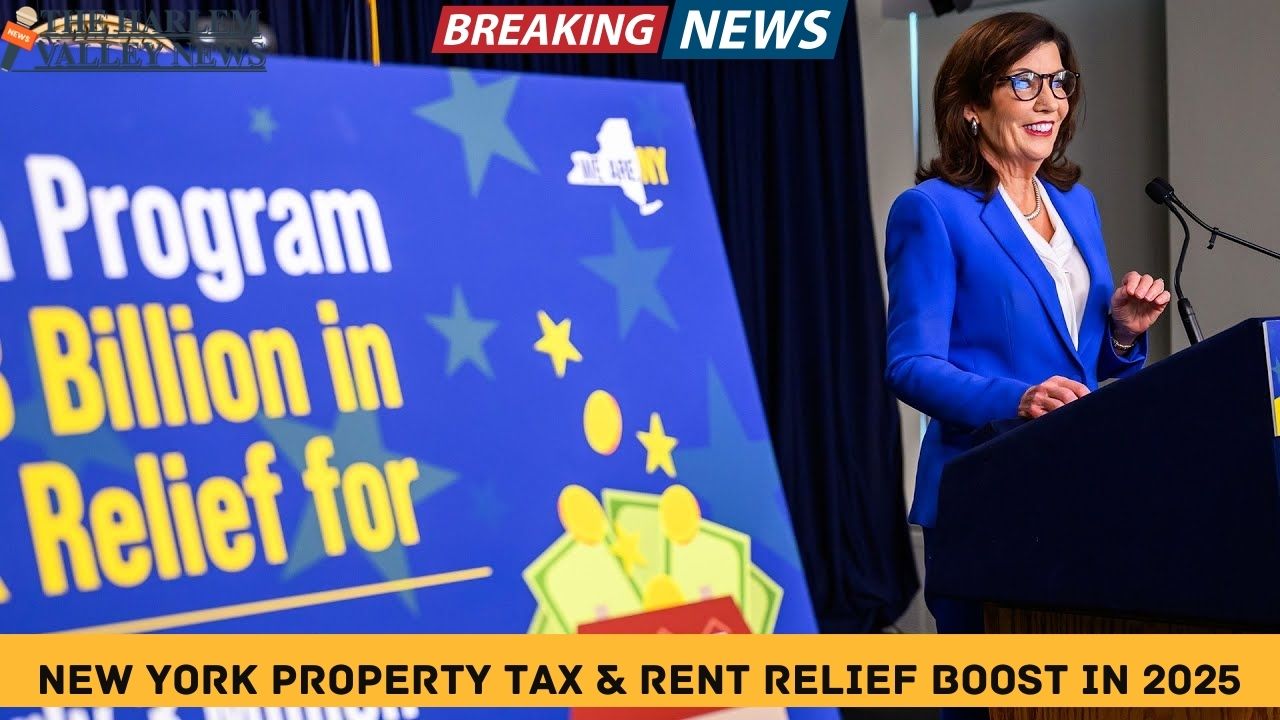
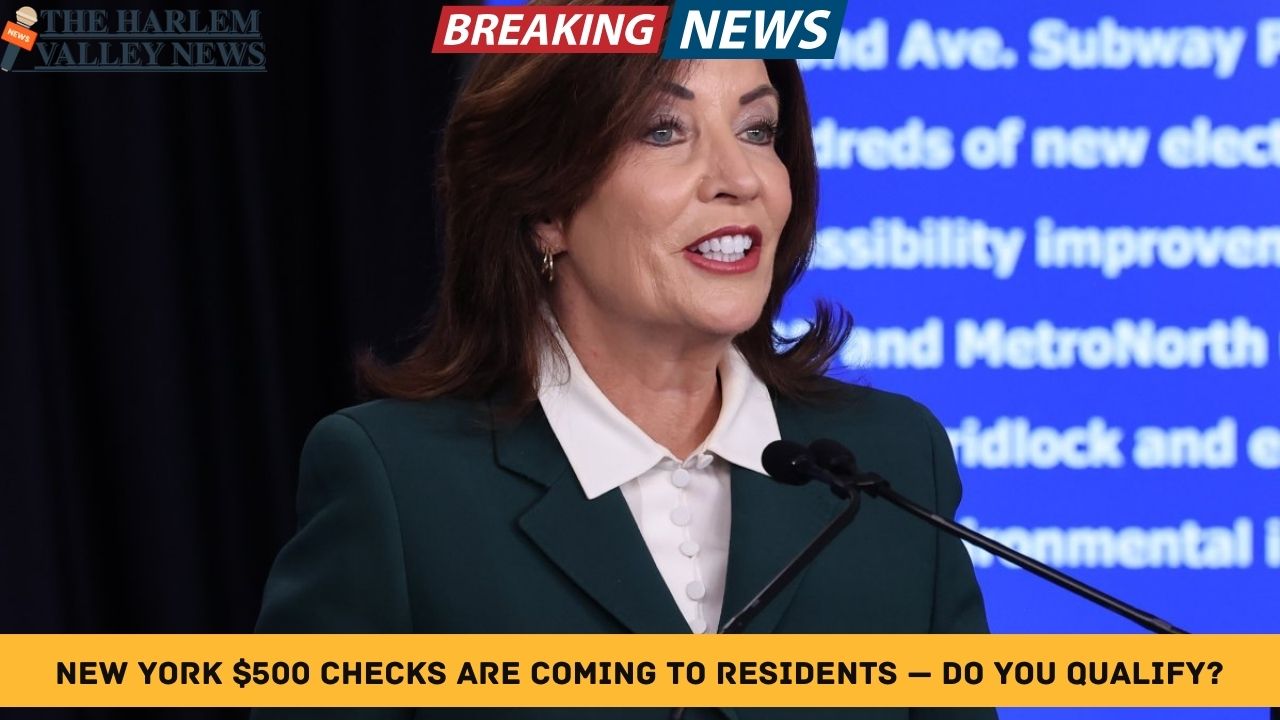
Leave a Reply